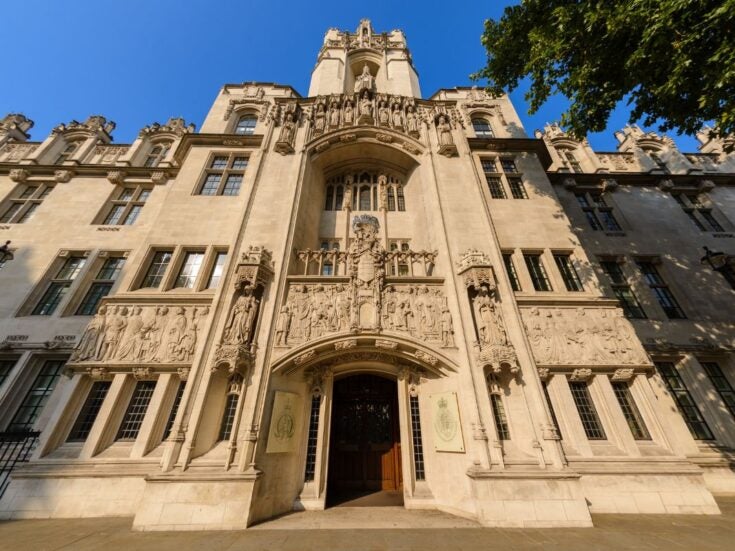
Andrew Willan investigates the soaring membership requirements, green fees and Wet Feet following the £135 million Beijing takeover at Wentworth Golf Club
Trouble has been brewing at Wentworth Golf Club since its £135 million takeover by Beijing-based Reignwood Investments. Members of Wentworth, one of the world’s most prestigious golfing establishments, have mutinied over the new owners’ plans to implement sweeping changes to the club that could potentially see annual fees doubling to £16,000 and members being required to re-apply for membership and pay an unsecured debenture of as much as £100,000. The Club’s current 4,000 members are also set to be culled to 800. With long-held traditions and lifestyles threatened, it is no surprise that there has been such uproar.
To complicate matters more, the club is the nucleus of the private Wentworth Estate, where property prices attract significant premiums due to their location and many property owners enjoy membership of the club. In recent weeks, the Wentworth Residents Association has taken legal advice and written to Reignwood challenging the validity of the proposed changes on a variety of grounds.
Their letter reportedly states that the changes would breach the terms of a 50-year-old trust deed requiring owners to preserve the character and nature of the club. One can only speculate as to the scope of the claim articulated by the residents, but in deciding whether there has been a breach of trust, a court would inevitably need to look to the wording of the document. What, for example, is meant by “the character of the club” and how might this be altered by the proposed changes? It will be intriguing to see how these arguments play out.
It is also argued that the implementation of the proposals would breach various restrictive covenants which require the club to gain approval before, for example, carrying out any future property development or using sponsored advertising signage. In addition, it is said that other covenants exist giving residents automatic membership rights (as an interesting aside, some locals apparently also have rights to graze sheep and ride horses on the land, a potential cause for some embarrassment for Reignwood).
To enforce a covenant, it would ultimately be necessary to apply to court for an injunction. Claims of this sort are generally fact-specific and in deciding whether to accept or reject the claim the court is given considerable discretion. Applications for injunctions can be made on an urgent basis without even providing notice to the opponent. The court would consider various issues, including whether the applicant has the benefit of the covenant and whether the covenant has been released, for example, by a deliberate choice not to enforce the right historically. Again, there would also be questions of the true construction and meaning of the document.
The increased joining fee has been described by residents as ‘prohibitively expensive’ and designed to exclude the majority of current members. There is a suggestion that the members affected may have a contractual claim in consumer law which provides that in certain circumstances contractual terms are unfair if, contrary to good faith, they cause an imbalance between the parties’ rights to the detriment of the consumer. Where a term is deemed unfair it will not be binding on the consumer.
The group ‘Wet Feet’ has been set up by residents and members of Wentworth, their stated purpose being to safeguard the club and local community from the damaging consequences of the proposed changes. Their name is said to derive from the ancient Chinese proverb: “It never rains on your neighbours without getting your feet wet”.
There is much at stake. With many parties (and varying interests), the sounds of quarrel will inevitably continue to ring around the clubhouse and the ordinarily tranquil roads of Wentworth Estate for a while yet.
Andrew Willan is a solicitor in the Dispute Resolution team at Payne Hicks Beach







